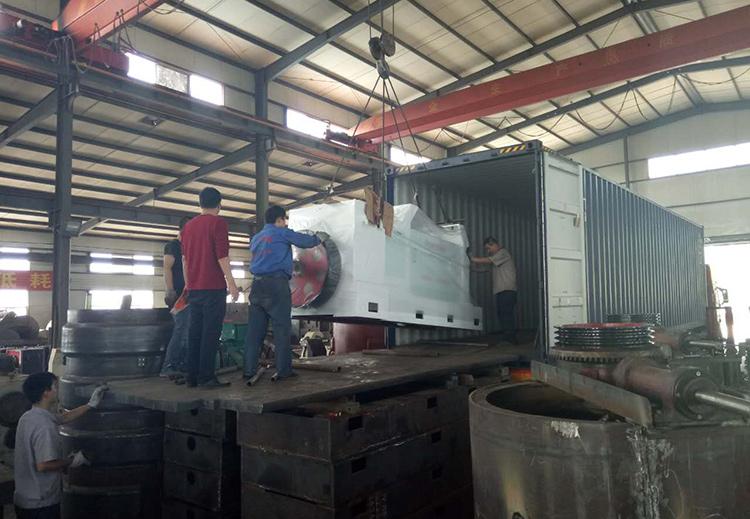Aug . 18, 2024 15:04 Back to list
Cottonseed Oil Refining Equipment for Enhanced Oil Quality and Yield
The Importance of Cottonseed Oil Refining Machines
Cottonseed oil is a popular edible oil extracted from the seeds of the cotton plant (Gossypium spp.). Renowned for its light flavor, high smoke point, and nutritional benefits, cottonseed oil is widely used in cooking, frying, and in the production of processed foods. However, the crude oil extracted from cottonseeds contains impurities that can affect its quality and safety for consumption. This is where cottonseed oil refining machines play a crucial role.
The refining process of cottonseed oil consists of several stages degumming, neutralization, bleaching, and deodorization. Each of these processes helps to eliminate undesirable components from the crude oil, thus enhancing its purity, shelf life, and overall quality.
The Refining Process
1. Degumming The first stage of refining involves the removal of phospholipids, which can cause cloudiness in the oil. In this process, water or diluted acid is added to the crude oil, leading to the formation of a gum that can be easily separated.
2. Neutralization Following degumming, the oil undergoes neutralization to remove free fatty acids, which can lead to rancidity. An alkali solution, typically sodium hydroxide, is added to the oil. The free fatty acids react with the alkali to form soap, which can then be separated from the oil.
3. Bleaching The bleaching process is essential for removing pigments, such as chlorophyll and carotenoids, which can affect the oil’s color and visual appeal. This is achieved by mixing the oil with bleaching earth or activated carbon that adsorbs the impurities. After this step, the oil is filtered to remove the absorbent material.
cottonseed oil refining machine

4. Deodorization Finally, deodorization enhances the flavor and aroma of the cottonseed oil. This process involves heating the oil under a vacuum to remove volatile compounds responsible for undesirable odors. The resulting oil is light in color, neutral in taste, and free from any off-flavors that might deter consumption.
The Role of Cottonseed Oil Refining Machines
Cottonseed oil refining machines are indispensable in modern oil processing plants. With advancements in technology, these machines have become more efficient and user-friendly. They offer automation and precision, which help to ensure quality control throughout the refining process. This capacity for automation reduces labor costs and increases output, making the refining process more economical.
Many cottonseed oil refining machines are designed to cater to various scales of production, from small-scale operations to large industrial setups. This flexibility allows producers to choose machines that best match their needs and capabilities.
Moreover, modern refining machines are often equipped with features that promote sustainability. Techniques like energy recovery systems and water recycling practices are increasingly integrated into these designs, ensuring that the refining processes are not only effective but also environmentally friendly.
Conclusion
Cottonseed oil refining machines are vital in ensuring that the crude oil extracted from cotton seeds meets the quality standards required for safe consumption. By effectively removing impurities and enhancing the oil’s properties, these machines contribute significantly to the oil’s marketability and shelf life. As the demand for cottonseed oil continues to rise, investing in reliable and efficient refining machinery will be essential for producers aiming to maintain quality and meet consumer expectations. In an industry that is increasingly focusing on sustainability, the development of advanced refining technologies will play a key role in the future of cottonseed oil processing.
-
High-Efficiency Peanut Oil Refined Machine for Quality Oil Production Leading Exporters & Companies
NewsJul.08,2025
-
High Efficiency Sunflower Seed Oil Press – Leading Cooking Oil Press Machine Factories & Suppliers
NewsJul.08,2025
-
High-Efficiency Soybean Oil Press Machine – Leading Exporters & Reliable Companies
NewsJul.07,2025
-
High-Efficiency Seed to Oil Extractor – Reliable Extraction Machinery for Your Business
NewsJul.07,2025
-
High-Quality Pressing Screw of Oil Expeller for Efficient Oil Extraction Leading Exporters & Manufacturers
NewsJul.06,2025
-
High-Efficiency Essential Oil Extraction Machine Trusted Exporters & Companies
NewsJul.06,2025
